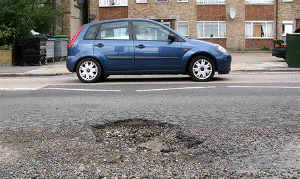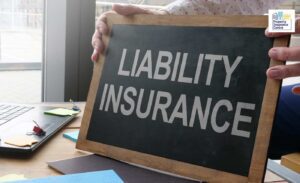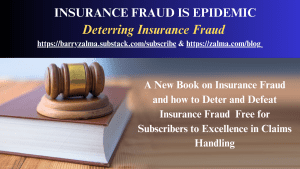What does res ipsa loquitur means?
What does res ipsa loquitur means?
the thing speaks for itself Definition. Latin for “”the thing speaks for itself.””
Is liability a no fault?
Wrongful conduct is a form of fault, and strict liability is liability without regard to fault. Fault in the doing may be present, but its presence is not essential to liability. Thus, when liability in tort is strict, the basis for liability is not that the defendant’s conduct was defective.
What are the two best defense in a negligence action?
The best defences for the negligence claim against you are two: Number one, you owe no duty of care to the plaintiff. You can show that you did not owe a duty of care to the plaintiff. Then you’re off the hook for that negligence claim. Aug 7, 2020
What is the last clear chance doctrine?
The doctrine considers which party had the last opportunity to avoid the accident that caused the harm. Therefore, a negligent plaintiff may recover damages if they can show that the defendant had the last clear chance to avoid the accident.
What is inevitable accident?
Inevitable accidents are those accidents, as evident from the name, which could not have been prevented by the parties through the exercise of ordinary care, caution, and skill. It is also known as unavoidable- accident doctrine. The doctrine of inevitable accident is a significant defence in the law of tort.
How is negligence determined?
Negligence claims must prove four things in court: duty, breach, causation, and damages/harm. Generally speaking, when someone acts in a careless way and causes an injury to another person, under the legal principle of “”negligence”” the careless person will be legally liable for any resulting harm. Nov 12, 2019
Is Arkansas a no fault state?
Arkansas is an “at fault” state. This means that the person responsible for the accident is also responsible for the damages they have caused. An at-fault insurance policy will cover damages and injuries to the victims of the car accident.
What car insurance is required in Arkansas?
Minimum Required Coverage for Arkansas Auto Insurance: Bodily injury liability coverage: $25,000 per person and $50,000 per accident. Property damage liability coverage: $25,000 per person. Uninsured motorist bodily injury coverage: $25,000 per person and $50,000 per accident*
Does insurance follow the car or the driver in Arkansas?
Car insurance usually follows the car in Arkansas. The types of car insurance that follow the car in Arkansas are bodily injury liability, personal injury liability, collision, and comprehensive. You’re required to carry bodily injury liability, property damage liability, and PIP in Arkansas. Jun 11, 2020
Is Arkansas a pure comparative negligence state?
Arkansas is considered to be a modified comparative negligence state because it has a 50 percent bar rule. If an accident victim is found to be 50 percent or greater at fault in causing an accident, he or she will be barred from recovering compensation for injuries sustained in the accident. Aug 15, 2020
Does Arkansas have joint and several liability?
Arkansas defendants are severally – and not jointly – liable. Ark. Code § 16-55-201 (2003). Assessment is made against the plaintiff if he is also at fault, and the plaintiff’s recovery is barred if he is more than 50 percent at fault.
What defense is voluntarily accepting a known danger?
Assumption of risk Assumption of risk refers to a legal doctrine under which an individual is barred from recovering damages for an injury sustained when he or she voluntarily exposed him or herself to a known danger. Oct 15, 2021
Do waivers prevent students from suing?
Under California law, waivers of liability may not prevent people from suing for injuries resulting from gross negligence, recklessness, intentional torts or illegal acts.
What is pure negligence?
California is a pure comparative negligence state. State courts allow injured parties to collect damages even if they are 99% at fault for an accident. California does not cap the amount of fault at 50%, as is the case in modified comparative negligence states. May 20, 2019
What is the foreseeability test?
In tort negligence lawsuits, foreseeability asks whether a person could or should reasonably have foreseen the harms that resulted from their actions. If resulting harms were not foreseeable, a defendant might successfully prove that they were not liable.





